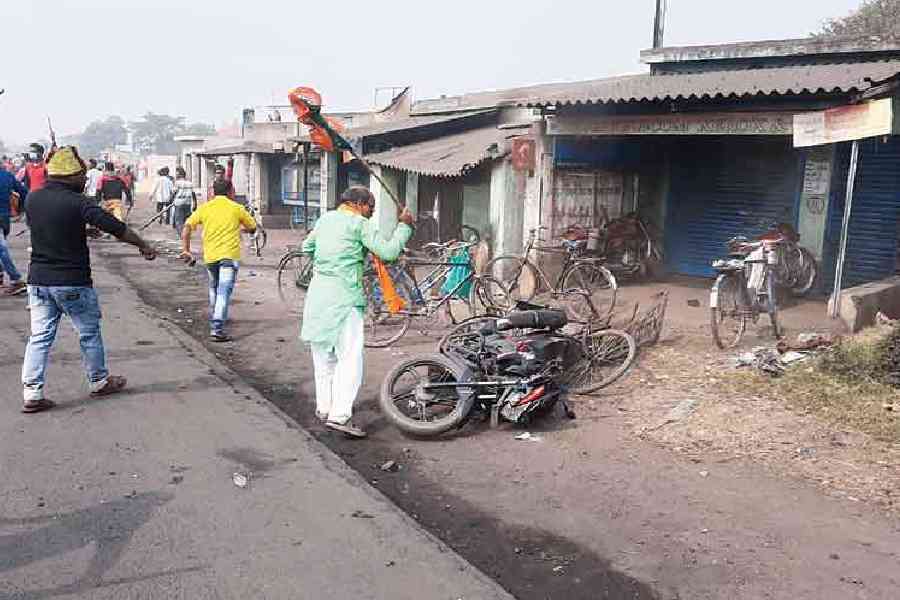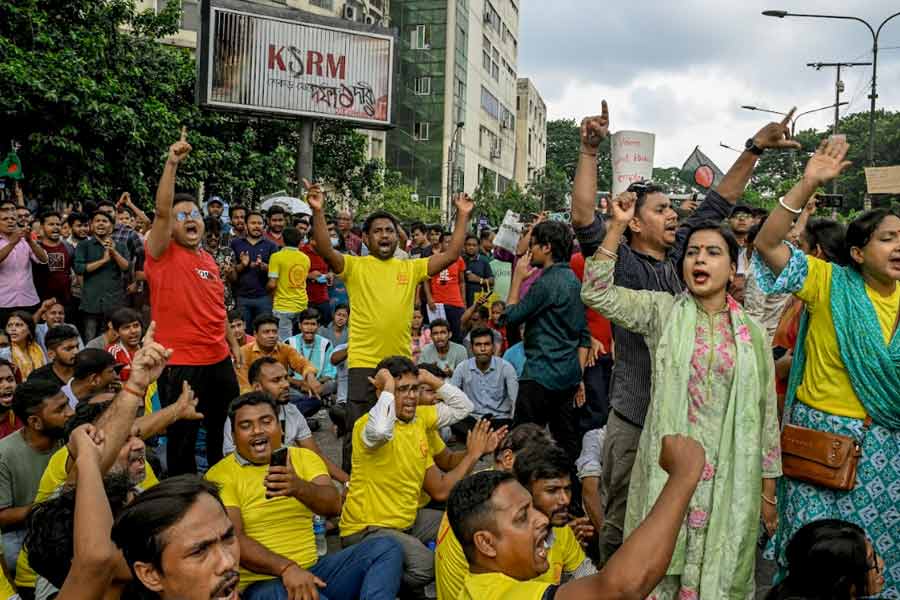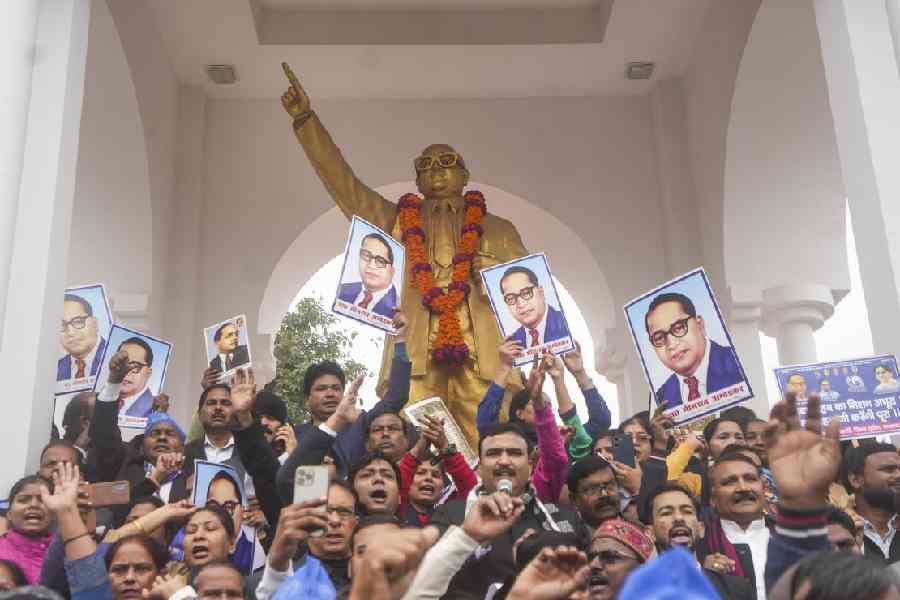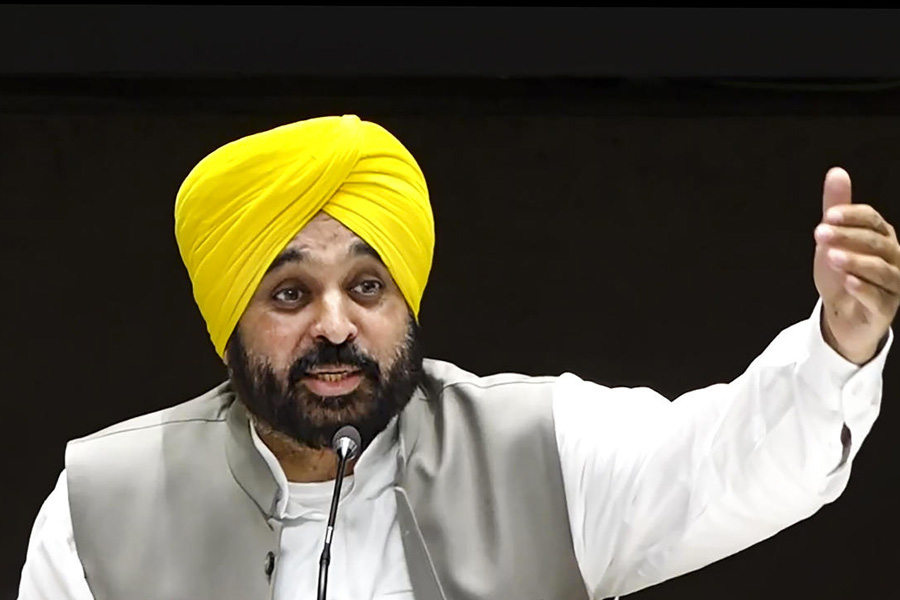In an unprecedented move, the State Election Commission has decided to impose Section 144 of the Code of Criminal Procedure within one kilometre of venues that serve as centres for filing nominations for candidates in the upcoming panchayat polls in Bengal. The reason for this precaution is, however, not quite unprecedented. Like every other occasion, allegations of violence and intimidation seem to have marred the onset of this year’s panchayat polls. The unrest has a diverse trajectory. For instance, in the strongholds of the ruling Trinamul Congress, such as the districts in South Bengal, Opposition candidates, be they from the Left or the Bharatiya Janata Party, have alleged that they are being prevented from filing their nomination papers or subjected to other kinds of harassment and violence. The TMC, incidentally has not been left untouched by arson: in Malda, for instance, a party office was burnt down on account of factionalism. These are early days yet and a further deterioration in the law and order situation in rural Bengal cannot be ruled out.
The institutional reproach to these excesses has been made clear. It is welcome. The governor of Bengal has demanded free and fair elections; earlier, the Calcutta High Court had asked the SEC to ponder the deployment of Central forces. There is another — vital — stakeholder that must match its words of assurance with its actions: the ruling party. The TMC must learn lessons from the recent political past. The violence and repression it had unleashed in the last panchayat election had been instrumental in the voters punishing the party in the Lok Sabha polls of 2019. A repetition of this error a year before the next general election could prove to be equally fateful not only for the TMC but also the anti-BJP fraternity that is coalescing at the moment. Additionally, an unfree and unfair panchayat election and the resultant disaffection could undermine the gains that the party has made with its welfare outreach programmes. It would also strengthen the rhetoric of Bengal as a lawless state, a curated image that is disseminated nationally by the sangh parivar ecosystem. The TMC’s dream of instituting political hegemony lies at the heart of the transgressions. This is, in a way, a shared legacy: the TMC is simply replicating a tactic that was so successfully implemented by the Left Front. This dream, too, is contagious and inimical to democracy. After all, does not Narendra Modi hanker for an Opposition-mukt India?











